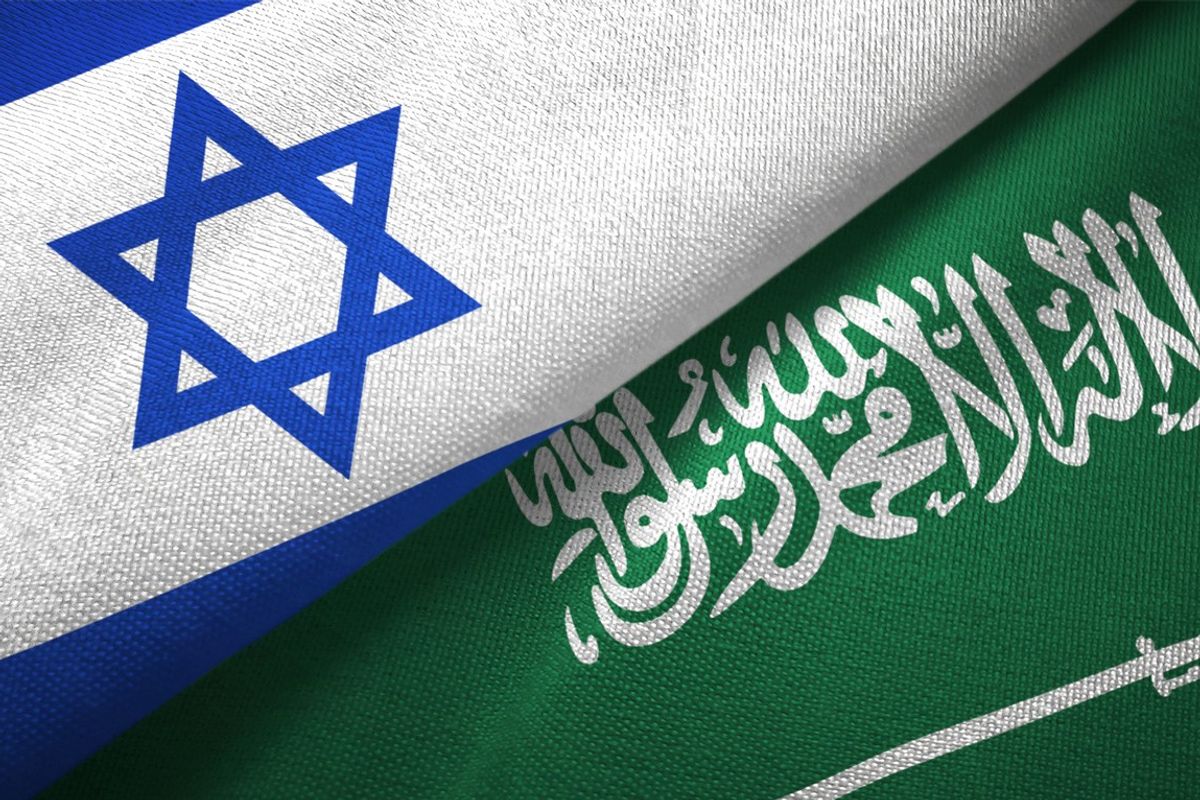Bottom Line Up Front
- A Saudi effort to regain dominance over world oil production is weakening regional economic powers at a time of crisis over the COVID-19 pandemic.
- The dramatic drop in oil prices might render the Persian Gulf countries less able to provide funds to poorer regional governments that depend on donations to combat the COVID-19 outbreak.
- Saudi Arabia’s oil strategy is primarily directed against Russia, but will have considerable effects on U.S. oil producers.
- U.S.-Saudi relations are strained over the fallout on the U.S. economy from Riyadh’s decision to vastly increase oil production.
Amidst the global struggle to respond to the COVID-19 pandemic, an attempt in early March by Russia and Saudi Arabia to adjust global oil production to the reduced level of economic demand failed. As a result, a three year-long tacit alliance between the Organization of Petroleum Exporting Countries (OPEC), in which Saudi Arabia is the largest producer, and Russia, also a large producer, collapsed. Russia refused to agree to a production cut on the grounds that doing so would largely benefit U.S. oil producers who, by improving their shale oil extraction capabilities, have made the United States a major energy powerhouse. Saudi Arabia responded to the collapse of the ‘OPEC+’ alliance by immediately cutting crude oil prices for sales to China and announcing a major increase in production from 9.5 million barrels per day (mbd) to a new level of nearly 12 mbd. Saudi officials indicated that the steps were intended to bring Russia back to the bargaining table on a new production cut. But, the net effect of the Saudi action has been a collapse in world oil prices to below $20 per barrel by the end of March – a 20-year low.
The Saudi-Russia price war is likely to hinder the global response to the ongoing COVID-19 crisis. Saudi Arabia and its Persian Gulf allies, including the United Arab Emirates (UAE) and Kuwait, are major oil producers. Qatar, which left OPEC in 2019, is a major exporter of natural gas, the price of which has fallen in synch with oil prices. All four Gulf states have historically used their ample oil and gas proceeds to subsidize several other Arab states such as Jordan, Lebanon, Egypt, and Sudan, as well as to invest in countries on the periphery of the region including Afghanistan, Pakistan, Somalia, Eritrea, and Ethiopia. The Gulf states also give significant amounts of assistance to the millions of refugees and displaced persons from the region’s various conflicts. All of these regional states are wrestling with the massive costs to respond to the COVID-19 pandemic, and the Gulf states were considered pivotal to providing these countries with the financial support they require. But, the precipitous drop in oil and gas prices renders the Gulf states with less resources to donate.
The current price of oil will put all Gulf state budgets deeply in deficit and force them to draw down on their already diminishing sovereign wealth funds. Western donors, including the United States, are not able to compensate for any Gulf shortfalls in donor funding because the Western countries face massive costs to stabilize their own economies amidst the crisis. On March 27, the United States announced worldwide donations for the COVID-19 crisis of $274 million, of which only $40 million will go to Middle Eastern countries – a small fraction of the anticipated need.
The Saudi-Russia price war is already taking a toll on U.S. shale oil producers, to the point where the Trump administration has pressed both Saudi Arabia and Russia to end the dispute. The U.S. intervention – a departure from past U.S. opposition to OPEC’s regulation of production – is intended to protect domestic U.S. oil producers, most of whom carry large debt loads. A widespread debt default by U.S. shale oil producers would further harm U.S. banks that are already burdened by the COVID-19-induced recession. The domestic economic consequences of the Saudi-Russia oil dispute have added to the Trump administration’s frustrations with the often precipitous and impulsive actions by Saudi de-facto leader Crown Prince Mohammad bin Salman (MbS). Calls for the Trump administration to distance itself sharply from MbS have grown louder as a result of the new Saudi oil strategy.










